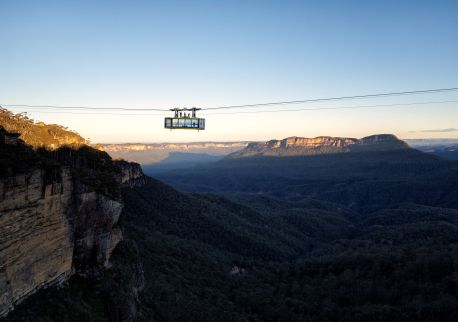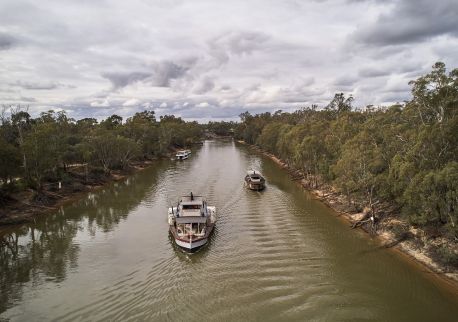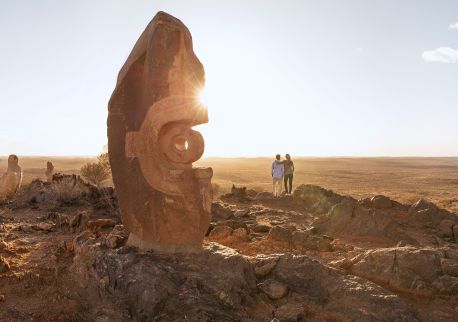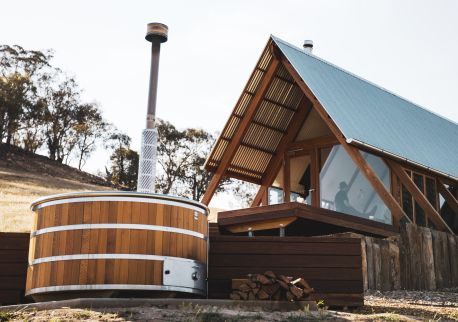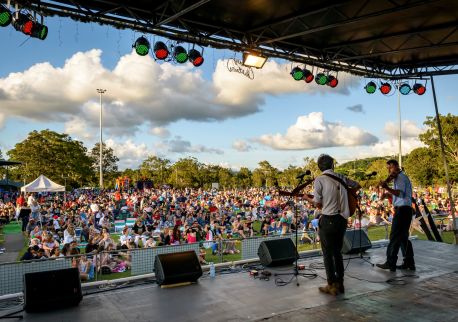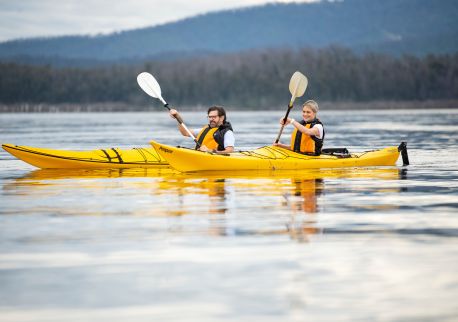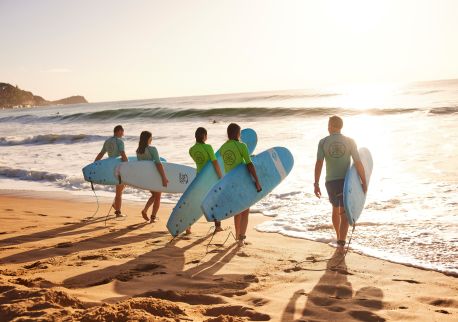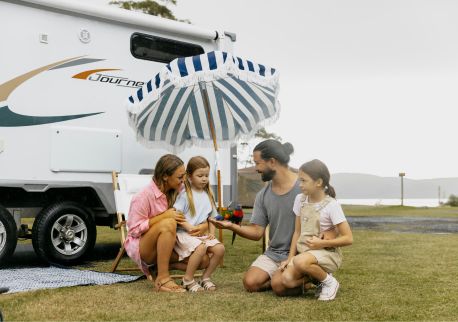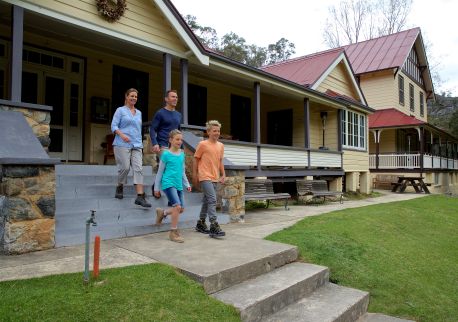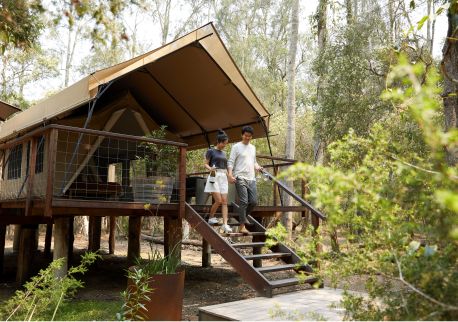EveryBody eBikes and Trikes Hire - Mooball
Highlights
Overview
EveryBody eBikes and Trikes offers the largest range of electric tricycles in Australia for sale and for rental. Hiring an electric trike is ideal for those who are visiting or would like to see if trike riding is for them in a real-world environment at key locales.
EveryBody Trikes is based in Brisbane and offers rental of electric tricycles for all abilities and ages to those in the local region but is also committed to making electric tricycles accessible to people wishing to enjoy rail trails such as the Brisbane Valley Rail Trail and the Northern Rivers Rail Trail, by arrangement.
The range includes upright and sit-down electric trikes for individuals, adaptive trikes for those with special needs and passenger trikes for two or more people to ride together.
The team at EveryBody eBikes & Trikes firmly believe that the use of an electric tricycle with the appropriate supports is an ideal way for those unable to use a two-wheeled bike for a range of reasons, to participate actively and fully both to be included socially and to gain access to their local community and specific outdoor facilities.
Rental can be for 1/2 day or full day basis or for longer periods., depending on the availability of the required model.
Booking is essential and all models of tricycle may not always be available.

